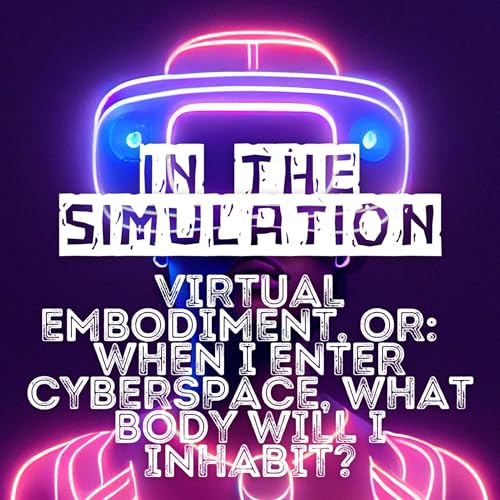"Artificial Intelligence and Contemporary Philosophy," focuses on the persistent frame problem in AI, which concerns an AI's inability to distinguish important information from irrelevant information in a given situation.
The paper explores philosophical approaches to this issue, examining Hubert Dreyfus's "Heideggerian AI," which suggests AI needs a human-like body and a sense of "being-in-the-world" to overcome the frame problem. Alternatively, the article presents biological approaches influenced by Hans Jonas's concept of "metabolism," proposing that AI needs to be a kind of life form to possess the necessary survival instincts and decentralized control systems.
Finally, it discusses the intelligence observed in slime mold as a potential model for developing biocomputers that could inherently and spontaneously solve the frame problem through a decentralized, organism-like mode of existence.
Summary: The frame problem describes the difficulty for AI in autonomously determining which factors are important in a situation, contrasting with how humans seem to easily make such judgments using tacit knowledge. It's considered a philosophical problem that remains unsolved. Two main philosophical approaches are explored for solving the frame problem. The first, Heideggerian AI, inspired by Martin Heidegger's philosophy and advanced by Hubert Dreyfus, argues that traditional AI fails because it relies on a Cartesian model that sees objects as meaningless until the mind adds value. This approach emphasizes the concept of "readiness-to-hand" (Zuhandenheit), where objects are understood in their practical use within a web of meaning, a mode of understanding that traditional AI lacks. Dreyfus suggests that AI needs to embody "being-in-the-world," a fundamental, non-representational way of existing, possibly requiring a human-like "body" with associated needs and experiences. Human problem-solving is seen as reacting to significant changes or environmental "affordance" based on familiarity, ignoring the unimportant. The second approach draws from biological perspectives, influenced by Hans Jonas's work on "metabolism". Researchers argue that to solve the frame problem, AI might need to function like an "organism" or life form with innate capacities for survival. Jonas highlighted that living systems maintain their identity through continuous material replacement ("being by doing"), which is necessary for survival and creates a state of "dependent freedom". Unlike artificial systems that simply exist ("being by being"), organisms have a fundamental urgency to act to avoid perishing. This biological mode of being, characterized by "constitutive autonomy" (systems generating their own identity and problems), is seen as potentially key to solving the frame problem. Examples from simple organisms like slime mold (Physarum polycephalum) are investigated as demonstrating a form of biological intelligence relevant to the frame problem. Starving slime mold can find the shortest route in a maze by transforming its body, engaging in a survival-driven "biological calculation" that is described as "rough and speedy". This suggests that the capacity to solve the frame problem might arise from spontaneous decentralized control within the body, rather than solely from a centralized system. Future research possibilities include biocomputers like artificially enhanced slime mold, where microbes are augmented with artificial components to boost their calculation abilities. This could potentially allow them to solve more complex tasks while retaining their organismal capacity for autonomous problem-solving relevant to the frame problem.
 11 m
11 m 17 m
17 m Jun 27 202520 m
Jun 27 202520 m Jun 15 202530 m
Jun 15 202530 m Jun 10 202522 m
Jun 10 202522 m 23 m
23 m May 27 202518 m
May 27 202518 m May 21 202521 m
May 21 202521 m
